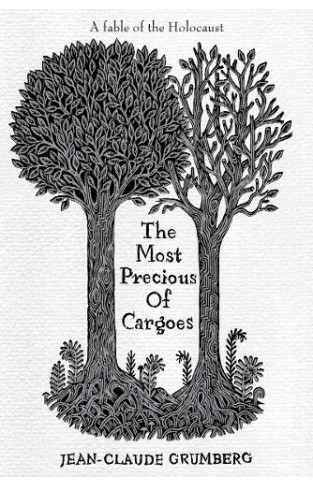Told in the gentle tone of a fable, Jean-Claude Grumberg's The Most Precious of Cargoes tells the moving story of a woman who wanted a child, and a child who needed a home. It is a tale that teaches us that even in the darkest, most violent times, there is reason to believe in people's capacity for kindness. Once upon a time in an enormous forest lived a woodcutter and his wife. The woodcutter is very poor and a war rages around them, making it difficult for them to put food on the table. Yet every night, his wife prays for a child. A Jewish father rides on a train holding twin babies. His wife no longer has enough milk to feed both children. In hopes of saving them both, he wraps his daughter in a shawl and throws her into the forest. While foraging for food, the woodcutter's wife finds a bundle, a baby girl wrapped in a shawl. Although she knows harbouring this baby could lead to her death, she takes the child home. Set against the horrors of the Holocaust and told with a fairy tale-like lyricism, The Most Precious of Cargoes is a fable about family and redemption which reminds us that humanity can be found in the most inhumane of places.












